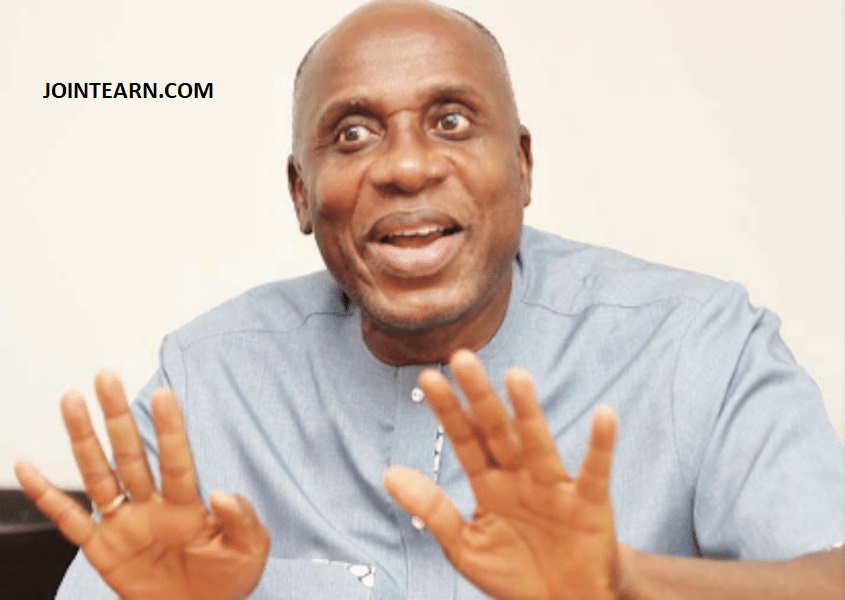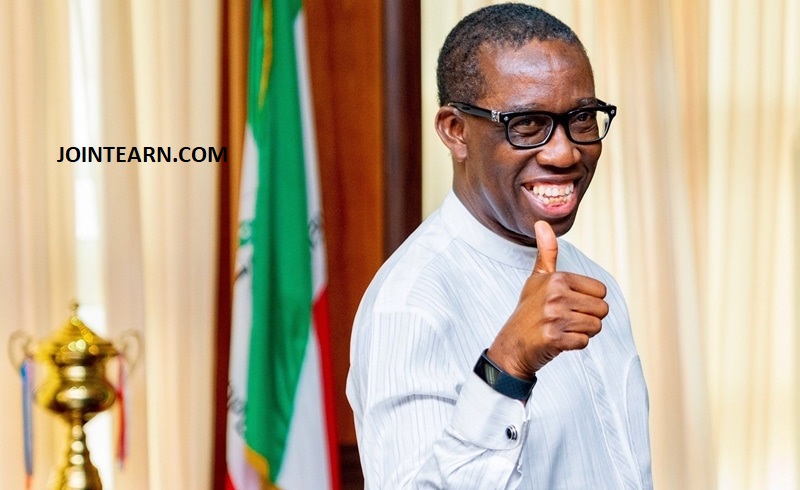Former Anambra State governor and Labour Party presidential candidate in the 2023 general elections, Peter Obi, has called for a comprehensive review of Nigeria’s political structure, advocating for a single five-year tenure for the president and state governors instead of the current renewable four-year terms.
Obi made the call during a public policy forum held in Lagos on Thursday, where he addressed an audience of academics, civil society members, and political stakeholders. According to him, the current system of renewable tenures encourages wasteful politicking, manipulation of the electoral process, and a focus on self-preservation rather than governance.
The former presidential candidate argued that a one-term system would not only improve governance and accountability but also reduce the distractions and expenditures associated with re-election campaigns.
“One Term Is Enough to Make a Difference”
Obi, who has continued to maintain a visible presence in Nigeria’s political discourse since the conclusion of the 2023 elections, stated that a determined leader does not need more than one tenure to initiate significant reforms and development.
“Nigeria does not need a second tenure. A single five-year tenure is sufficient for any serious-minded leader to lay a strong foundation and implement lasting policies,” Obi said.
He continued, “The obsession with re-election has done more harm than good to our democracy. It has led to compromised governance, vote buying, manipulation of electoral institutions, and a failure to deliver on promises.”
Obi noted that the pursuit of a second term often results in leaders placing loyalty above merit, as they surround themselves with allies who prioritize electoral victory rather than performance in governance. “We must break this cycle if we are truly committed to progress,” he added.
Learning from Other Nations
Citing examples from other countries, Obi pointed out that nations such as Mexico, the Philippines, and several others have adopted single-term presidencies with relative success. He said this model encourages leaders to focus on leaving a legacy rather than securing another term in office.
He argued that if Nigeria were to adopt this system through constitutional amendment, the country could see a shift in leadership behavior, where elected officials would feel the urgency to perform within a limited time frame.
“We must structure our governance system to incentivize performance, not complacency. Leaders must know that they have a single window to serve the people, and they must use it wisely,” Obi emphasized.
Reducing the Cost of Governance
Another major reason behind Obi’s call for a single tenure is the high cost of elections and the burdens it places on public resources. He lamented that billions of naira are spent every four years on electoral processes, much of it directed towards re-election campaigns that yield little governance improvement.
“A country with over 130 million people in multidimensional poverty cannot afford the luxury of expensive elections every four years just to recycle the same leadership,” he stated. “With a single tenure, we will cut costs, reduce political violence, and enhance the integrity of our democratic process.”
He further noted that elections in Nigeria often create instability and tension, sometimes resulting in ethnic and religious divisions, electoral malpractice, and post-election litigation that distracts from governance for years.
A Call for Constitutional Reform
Peter Obi urged the National Assembly and constitutional review bodies to begin discussions on implementing the single five-year tenure model. According to him, it is time for bold, people-focused reforms that will address the root causes of political dysfunction in Nigeria.
He also called on civil society, the media, and the general public to support the idea, insisting that constitutional reform must become a national priority ahead of the 2027 general elections.
“We cannot continue doing the same things and expect different results. We must rethink our democratic structure if we want to see different outcomes,” Obi said. “The single tenure idea should be debated, refined, and passed into law for the good of the country.”
Mixed Reactions Trail Proposal
Obi’s proposal has sparked widespread discussion across the political spectrum, with supporters praising it as a progressive step while critics question its practicality and timing.
Some political analysts agree that the concept could help reduce the cost of governance and minimize election-related crises. “In theory, this idea promotes a more focused administration. But the success depends on the quality of leadership, not just the tenure structure,” said Dr. Oladele Ogunbanjo, a political scientist based in Ibadan.
However, others argue that removing the option of a second term could discourage long-term planning and deny high-performing leaders the opportunity to complete their development agenda.
“Leadership is not one-size-fits-all. Some leaders need more time to build consensus and execute complex reforms. Removing the option to continue could be counterproductive in certain cases,” said political commentator, Inioluwa Martins.
Labour Party Reacts
The Labour Party, which has continued to support Obi’s reformist ideas, issued a brief statement backing his proposal. The party described it as a bold initiative aimed at breaking the grip of political careerism and fostering a more service-oriented leadership culture.
“We stand with our presidential candidate on this forward-looking proposal. Nigeria needs transformative ideas, not recycled problems,” the party said.
Conclusion
Peter Obi’s advocacy for a single five-year presidential and gubernatorial term represents a bold push for systemic political reform. While the idea is generating both praise and skepticism, it has opened up fresh debate about the structure of Nigeria’s democracy and how best to achieve effective governance.
As conversations continue to evolve, one thing remains clear: Nigeria’s political system is due for a critical reassessment, and proposals like Obi’s may just be the spark for broader national transformation.












